Hosta ‘Devon Green’
Plantain Lily
£11.95
Hosta ‘Devon Green’ features elegant foliage and compact growth. Its heart-shaped leaves sport a rich green hue, ideal for shaded gardens. Flourishing in moist, well-drained soil and partial to full shade, it’s a perfect fit for borders or woodlands. In summer, tall spikes bear lavender flowers, enhancing its allure.
With vibrant colouration and low maintenance needs, this cultivar adds sophistication to any garden. Consider ‘Devon Green’ for a captivating addition to your landscape that thrives in shade.
FREE DELIVERY FOR ONLINE ORDERS*
*(parcel orders over £60.00 and pallet deliveries over £350.00)
Order today for shipping on Thursday 9th May.
Plant Biography
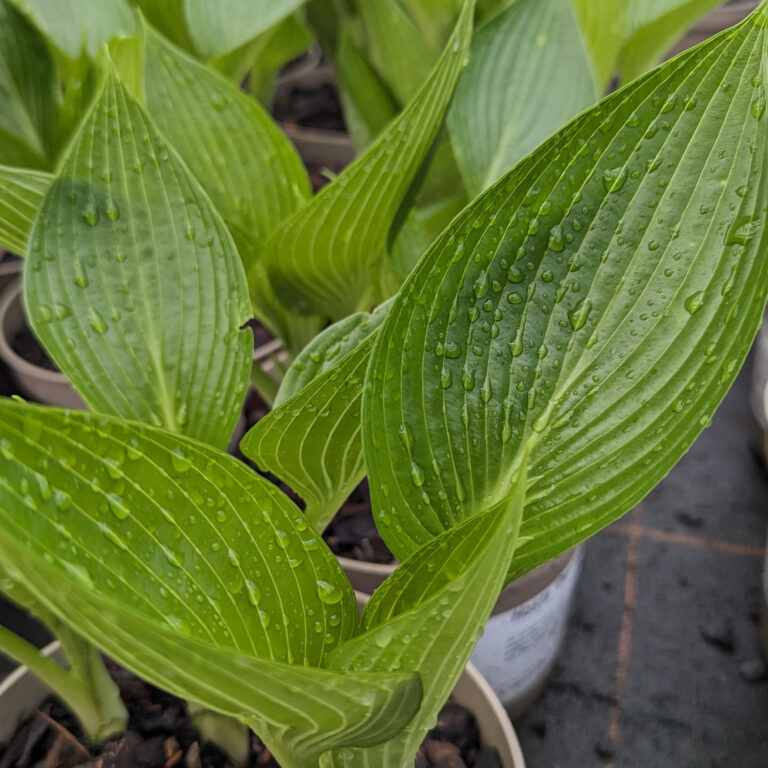
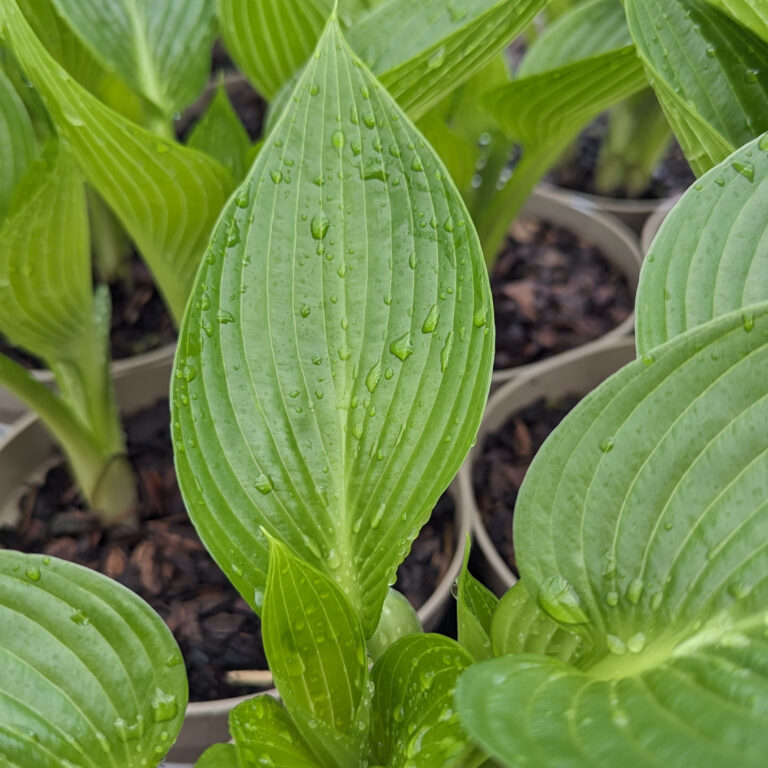
Care & Size Guidance
Hosta ‘Devon Green’ thrives in partial to full shade and well-drained, moist soil. Regular watering and mulching help retain moisture. Fertilise in spring with a balanced fertiliser.
It typically reaches a mature size of 15-50cm in height and 50-90cm in width. To maintain its compact form, divide clumps every few years in spring or autumn. Watch for pests like slugs and snails, particularly in damp conditions. With proper care, ‘Devon Green’ adds lush greenery to shaded gardens, offering an elegant presence with minimal maintenance.
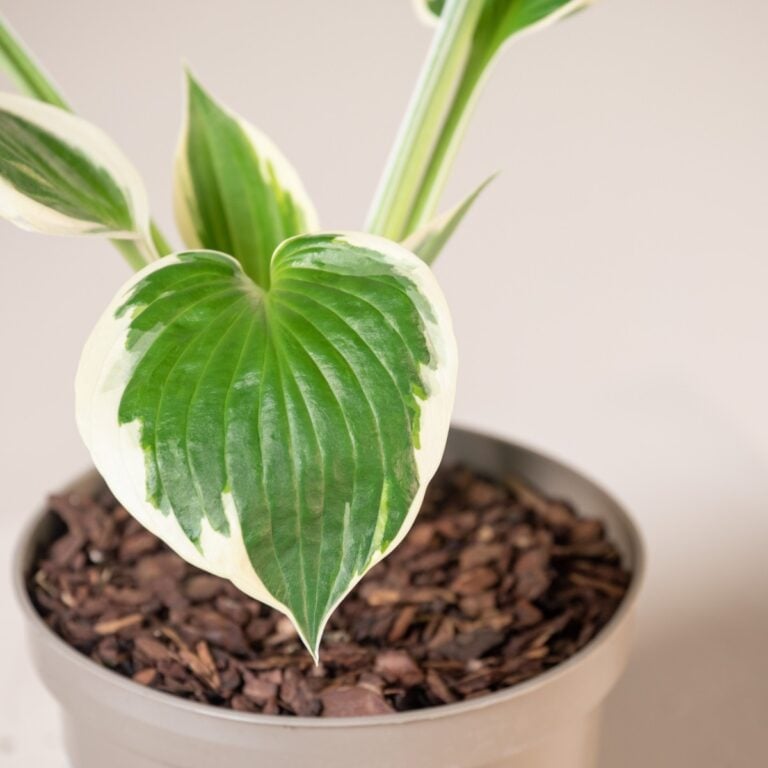
Planting Hostas
Hostas thrive in well-draining, rich soil which has a slightly acidic to neutral pH (around 6.0 to 7.5). Before planting, amend the soil with organic matter such as compost or aged manure to improve its texture and fertility. Work the amendments into the soil to a depth of about 30cm.
If the roots are tightly bound, gently tease them apart to encourage outward growth. Place the plant in the centre of the planting hole, ensuring that it is positioned at the same depth as it was in the container. Backfill with compost and keep the soil consistently moist but not waterlogged while it is getting established.
Apply a layer of organic mulch, such as shredded bark or compost, around the base of the Hosta plant to help retain soil moisture and suppress weed growth. Keep the mulch a few inches away from the stem to prevent rot and fungal diseases.
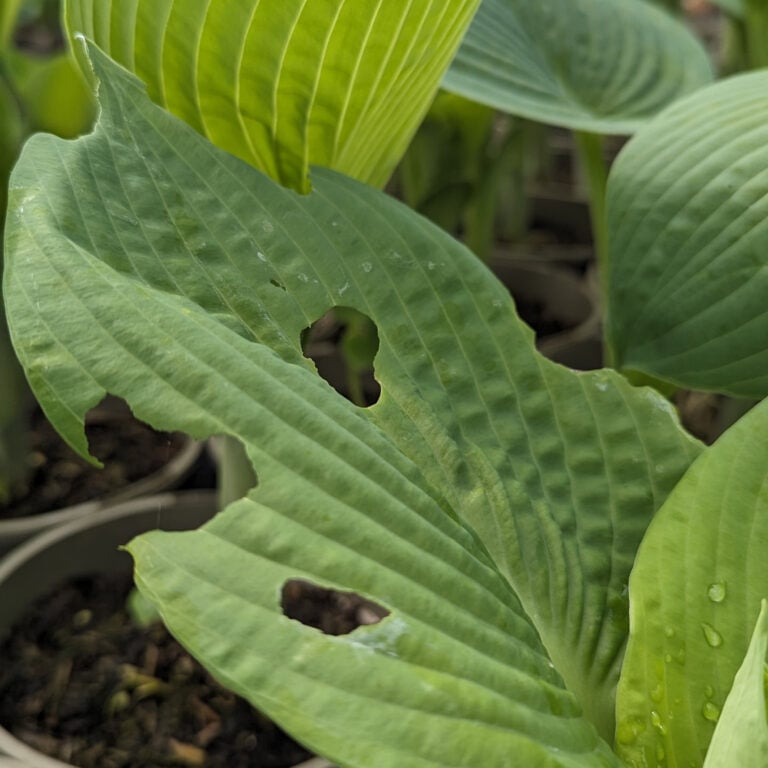
A slug magnet
Hostas are a magnet for slugs and often fall victim to them, creating a challenging relationship for gardeners. Slugs are voracious nocturnal feeders (insert Hosta vampire reference here!) that can cause significant damage to Hostas, particularly by consuming their tender leaves.
Hosta plants are particularly attractive to slugs due to their succulent leaves and the moist, shady environments they often grow in. They can consume significant portions of the foliage, compromising the plant’s ability to photosynthesise and ultimately weakening it.
Gardeners often employ various strategies to control slug populations and protect their Hosta plants. These may include physical barriers such as copper tape or diatomaceous earth, which create obstacles that slugs are reluctant to cross. A more recent
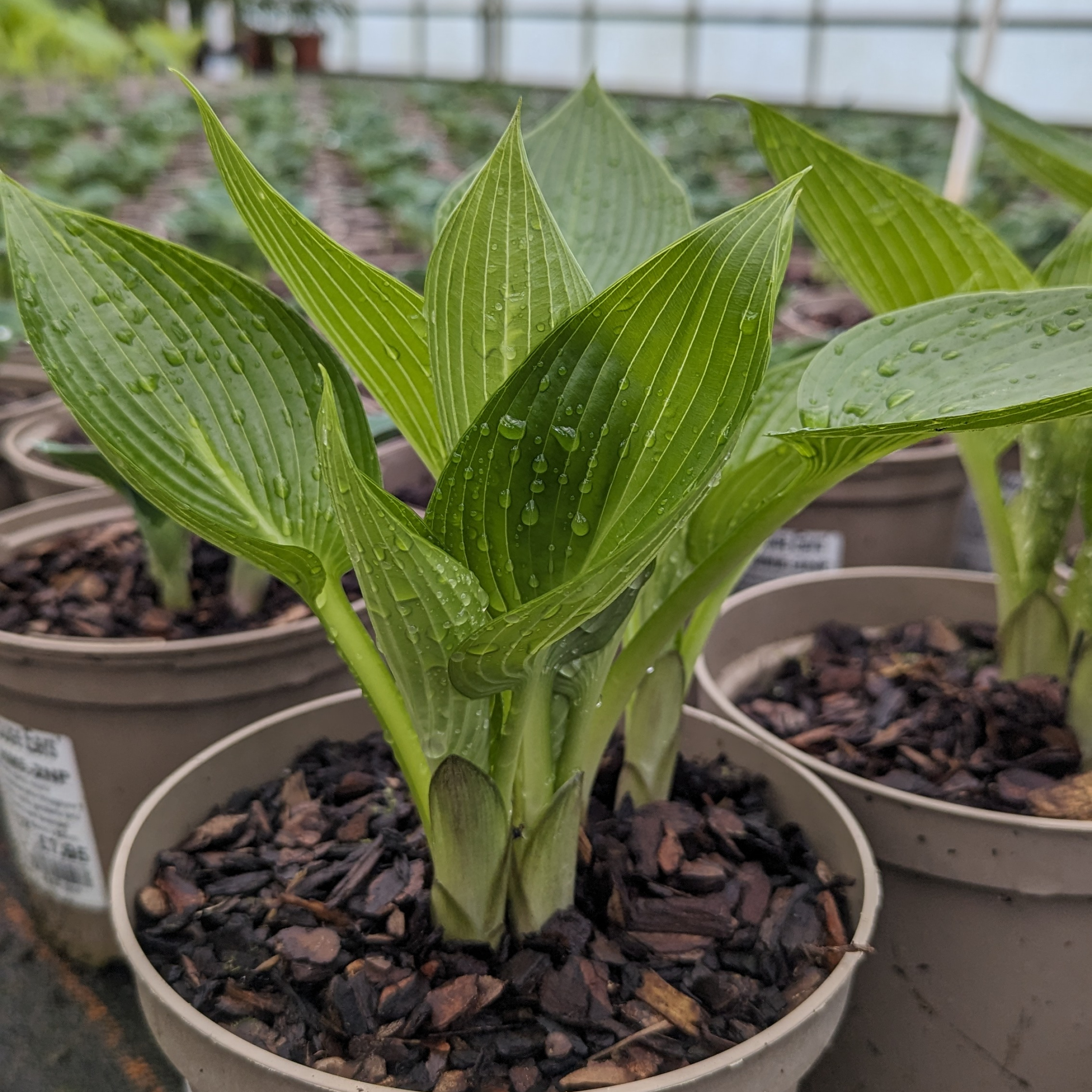
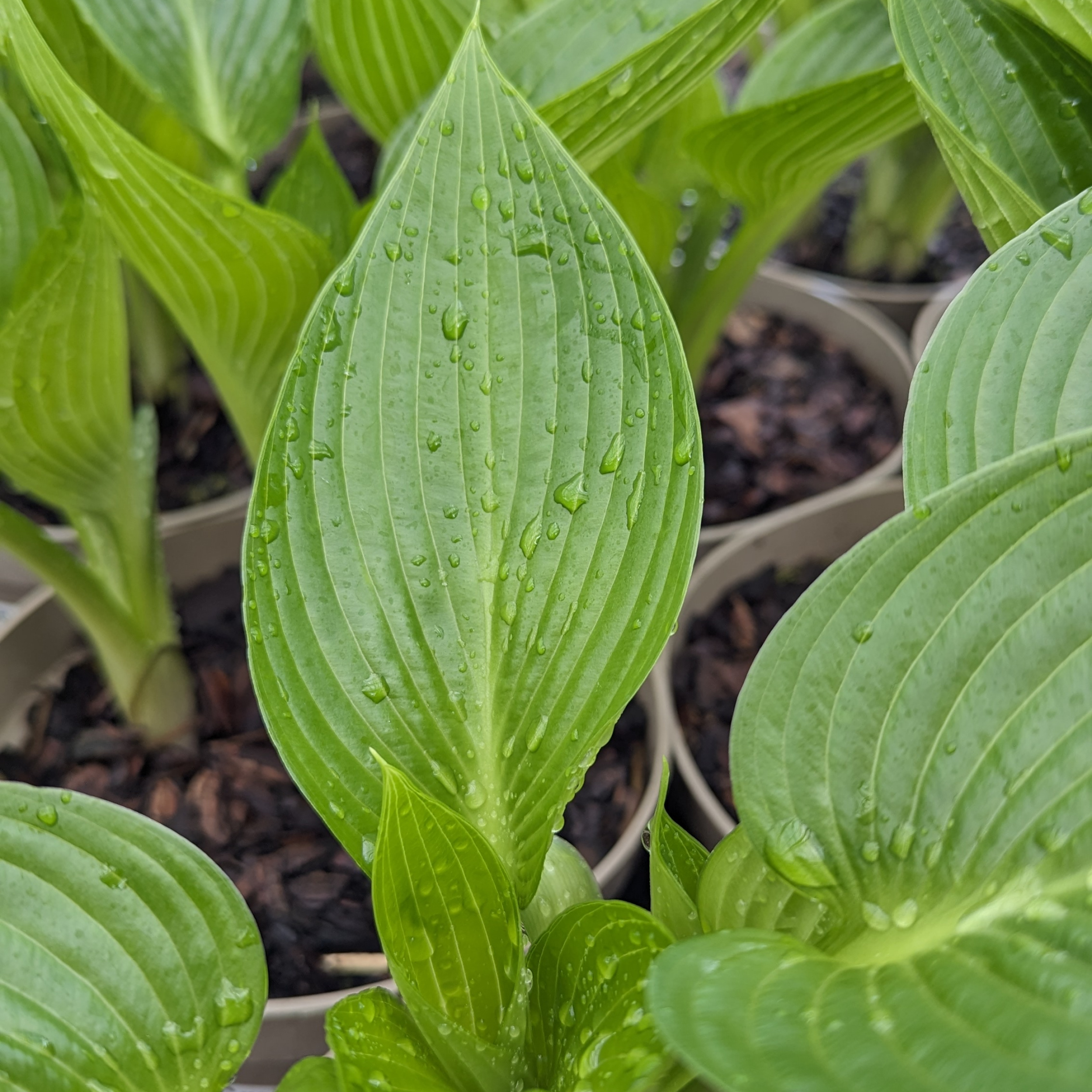
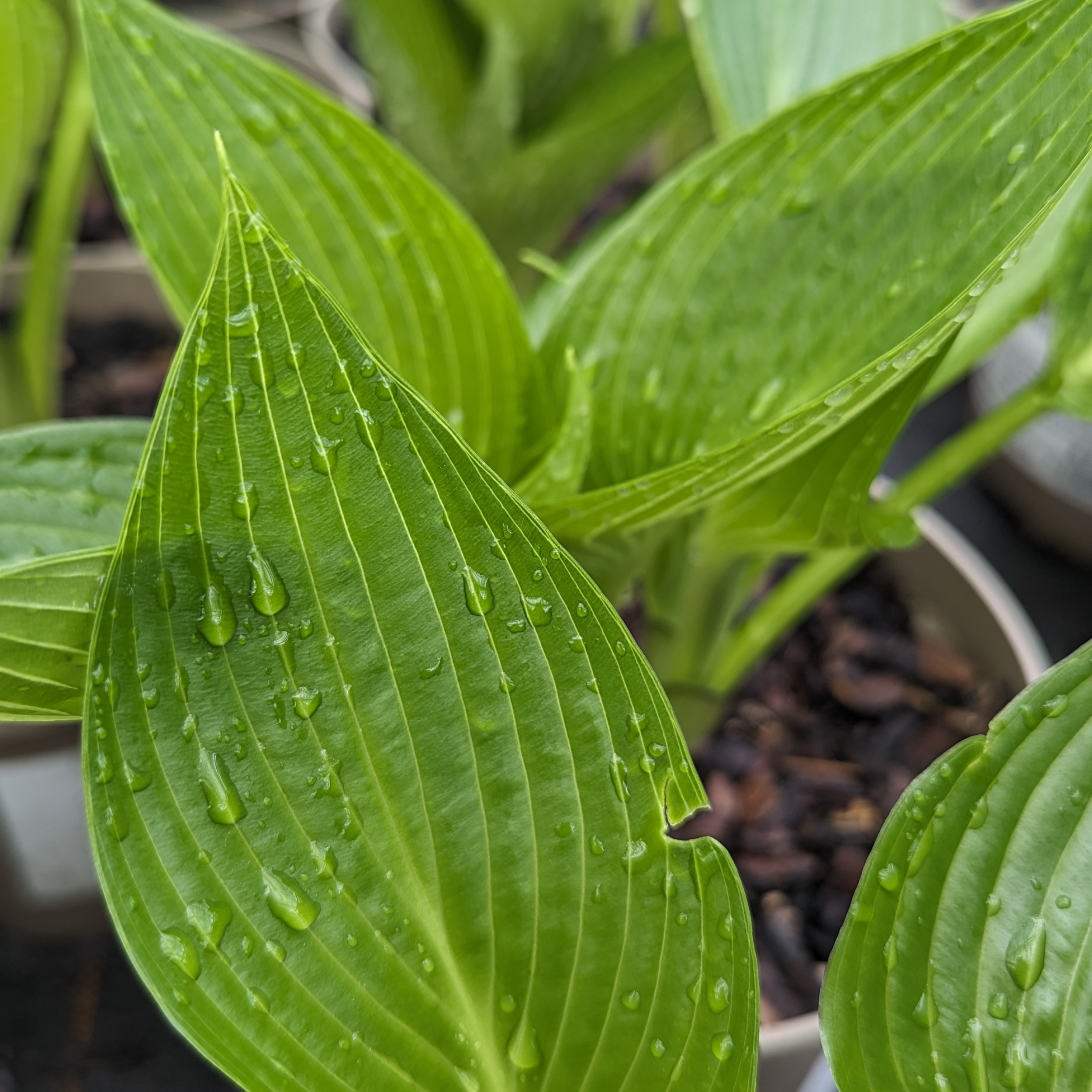
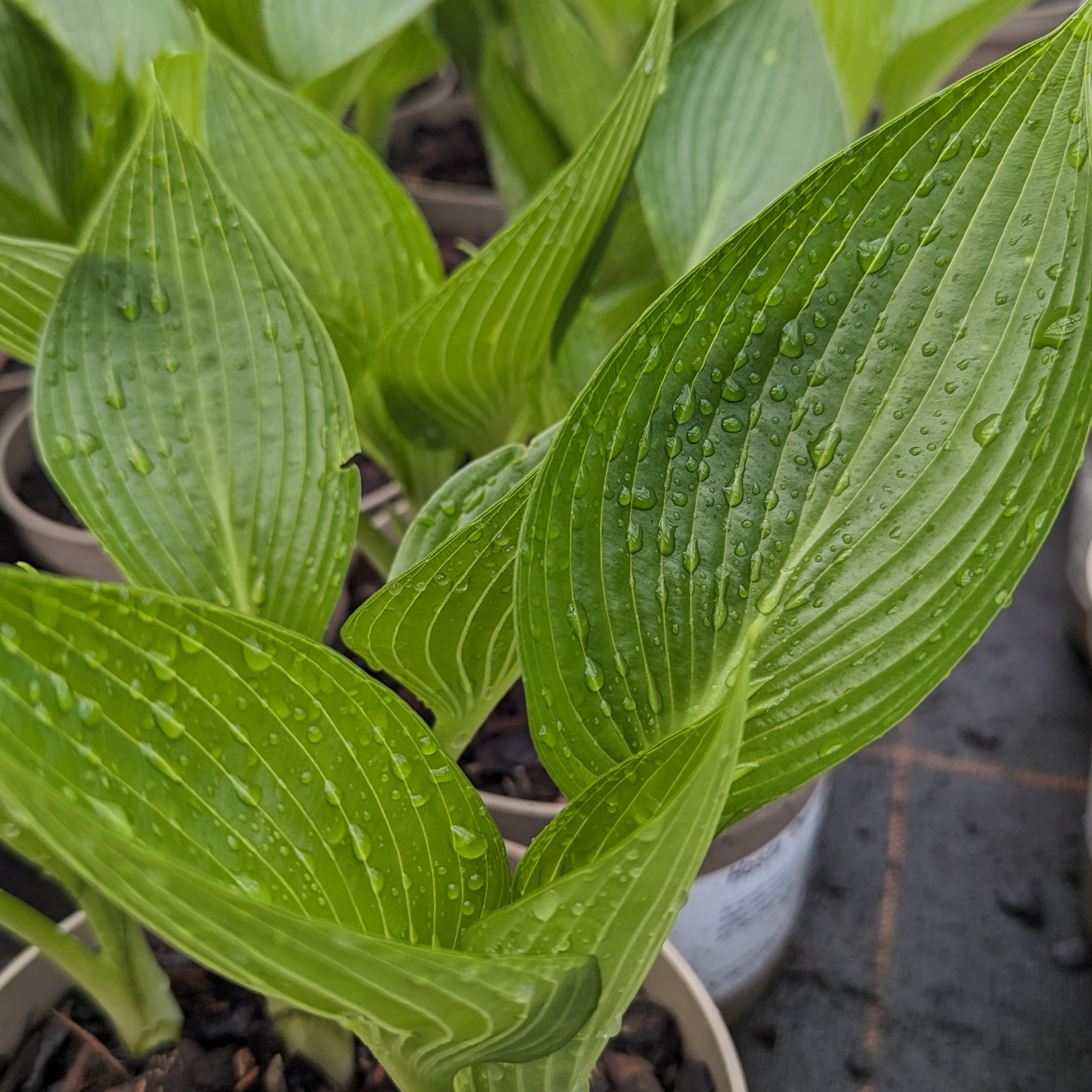
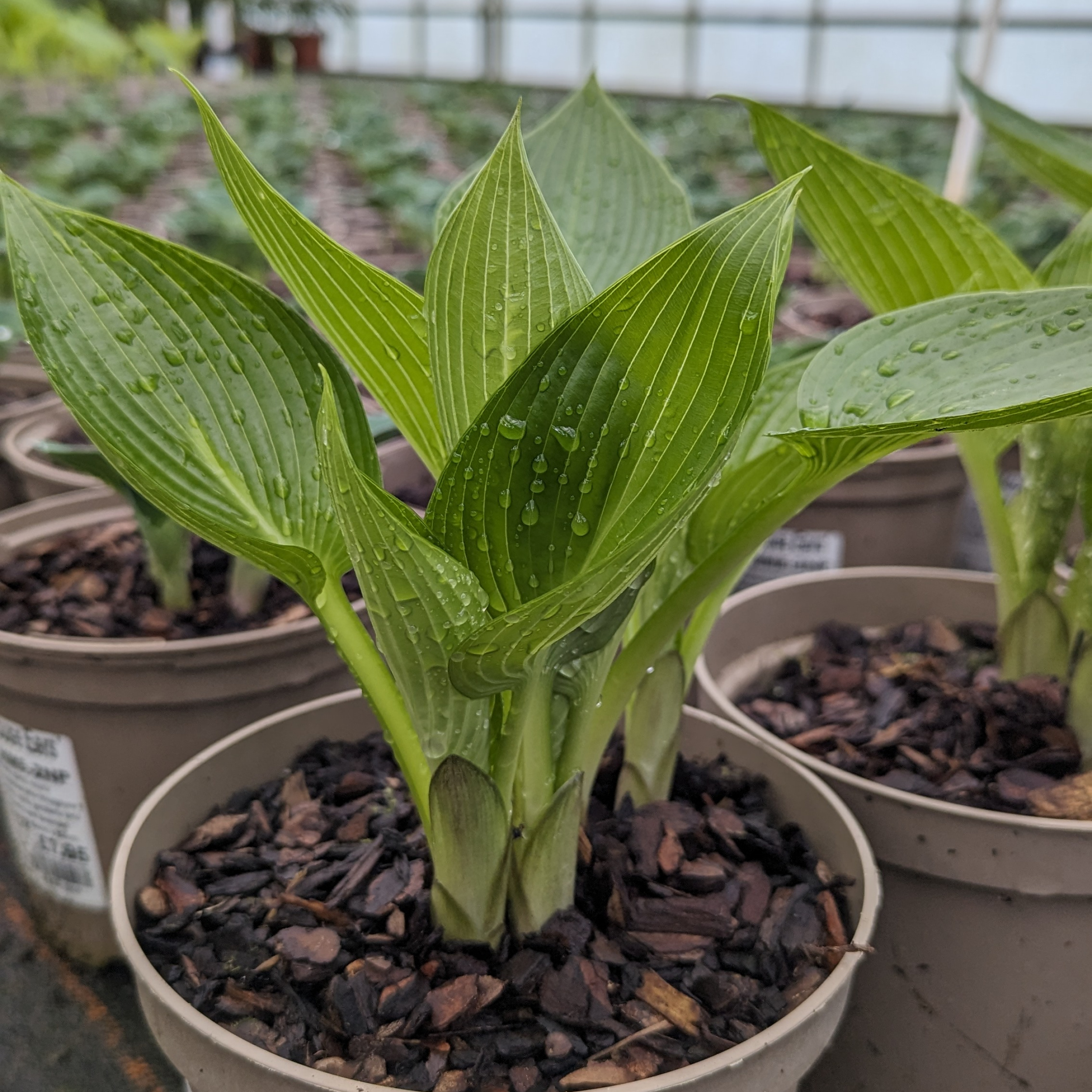
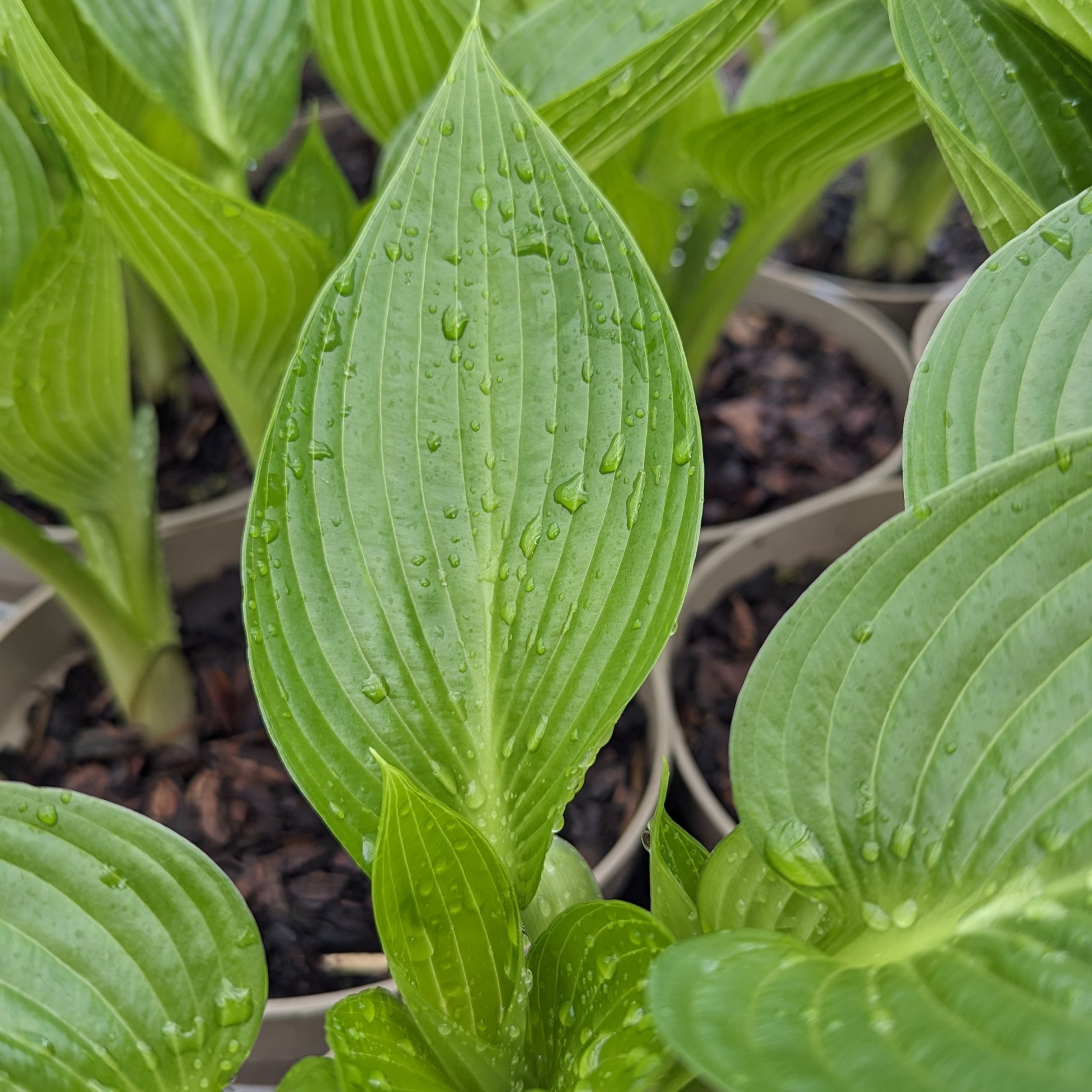
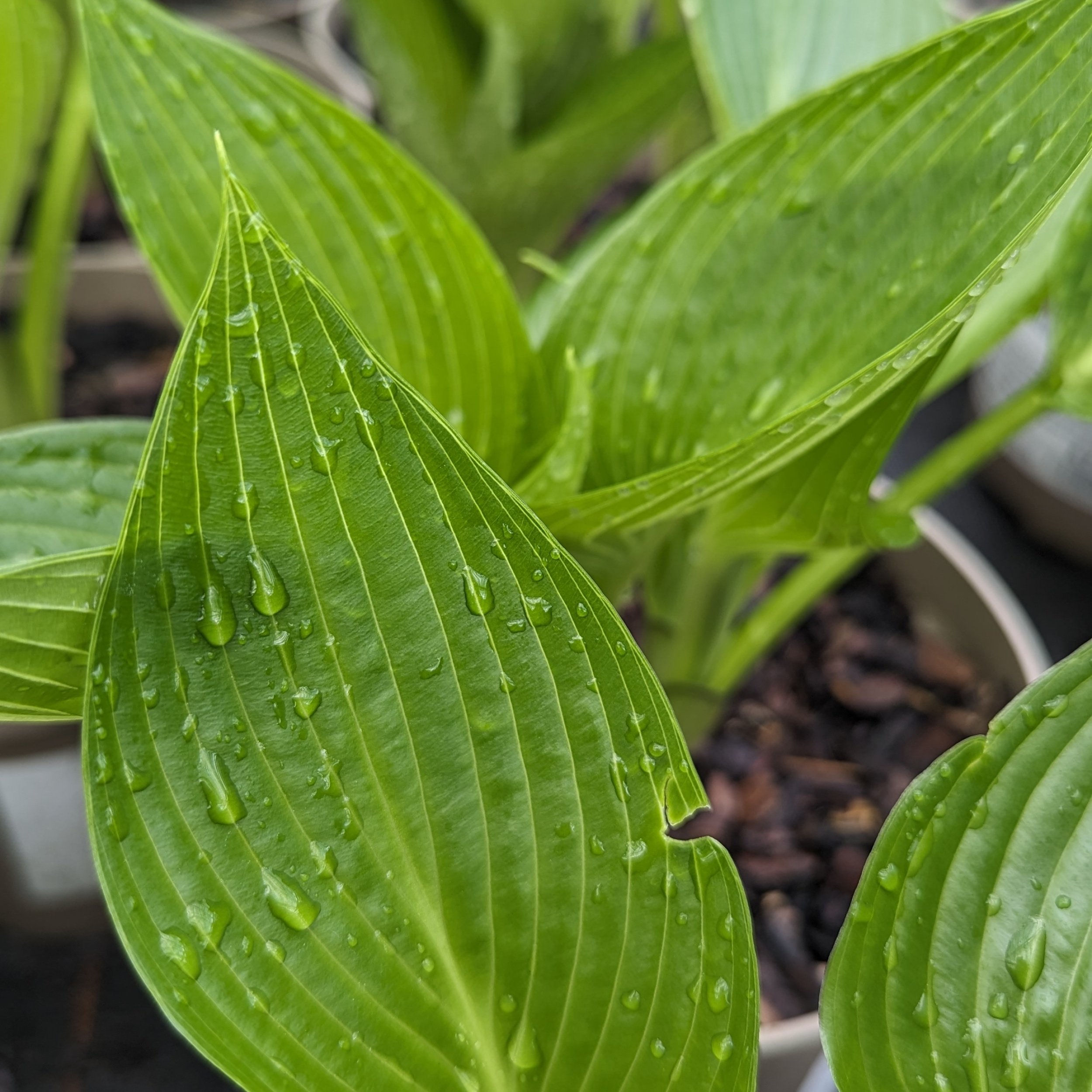
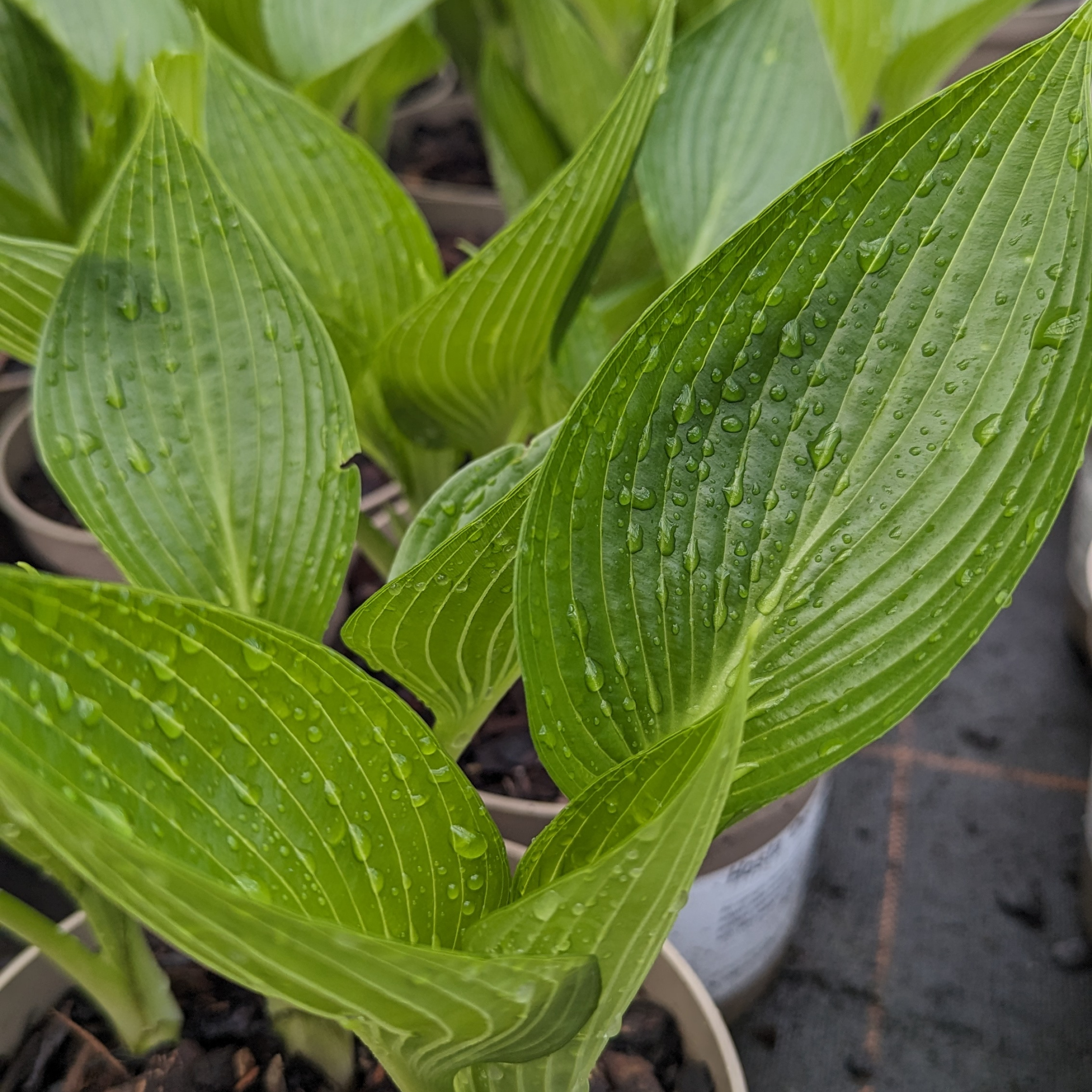
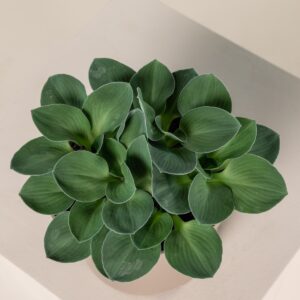
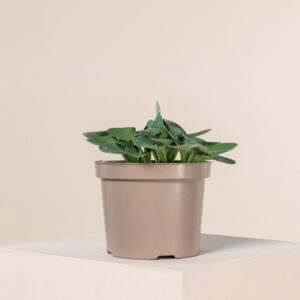
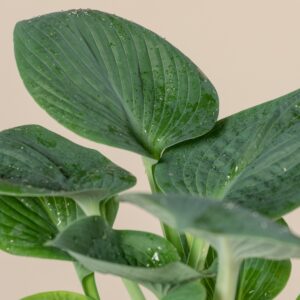
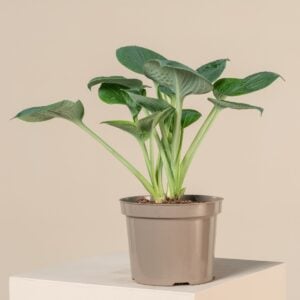
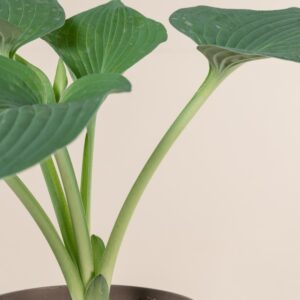
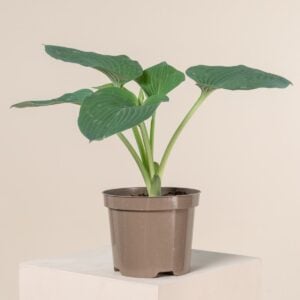
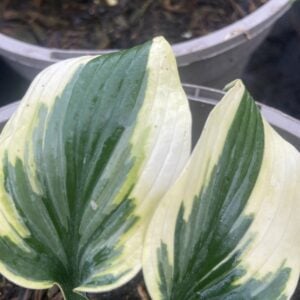
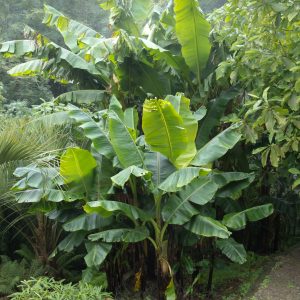
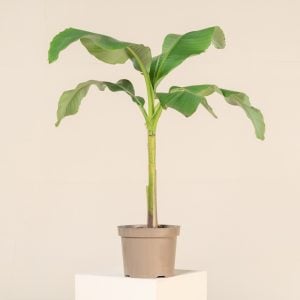
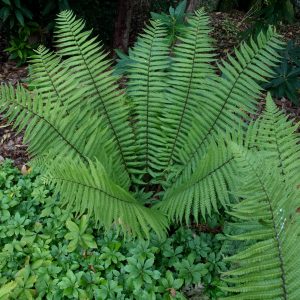


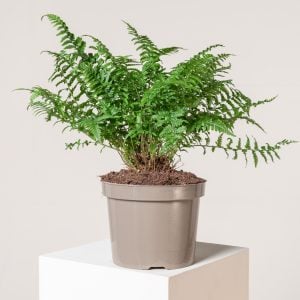
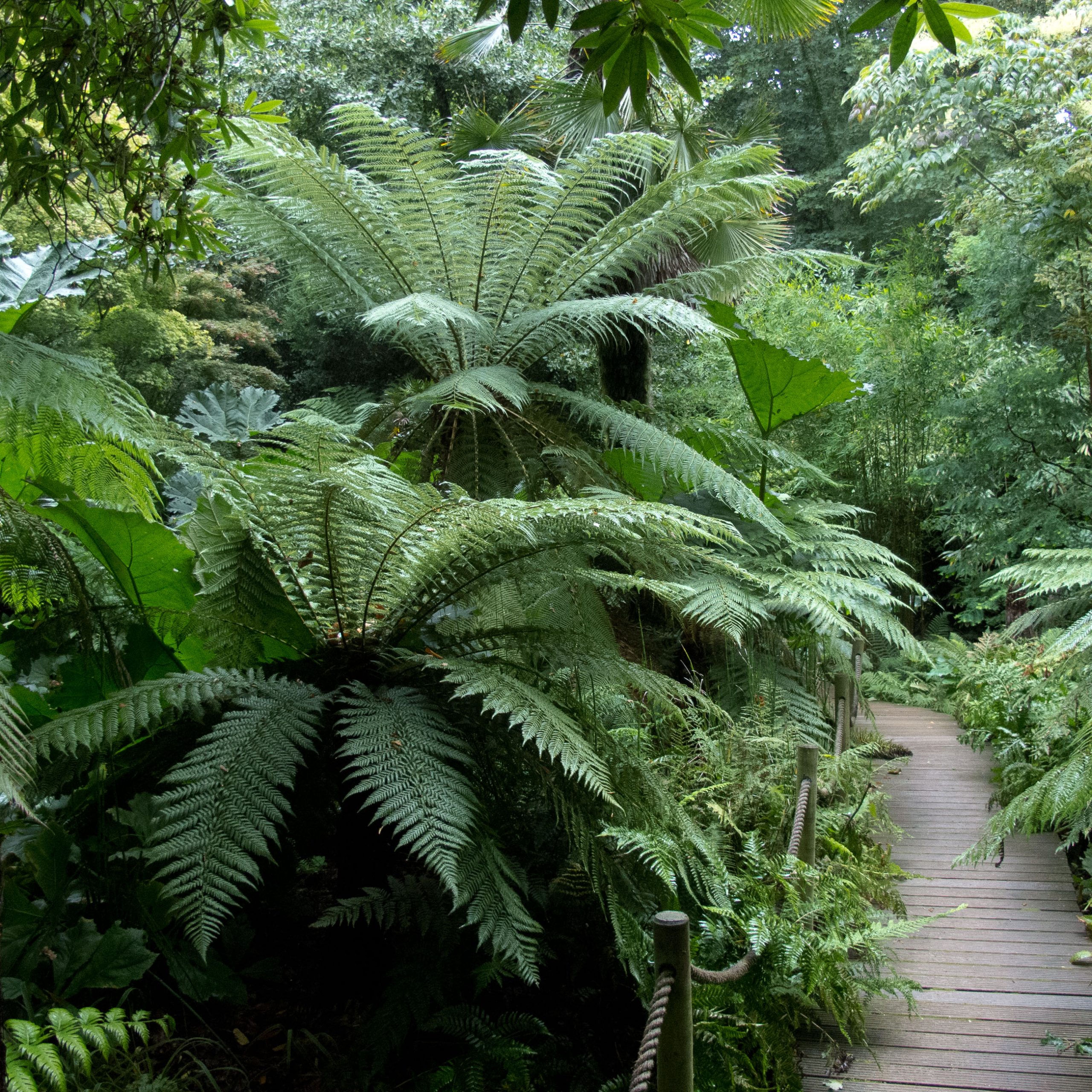
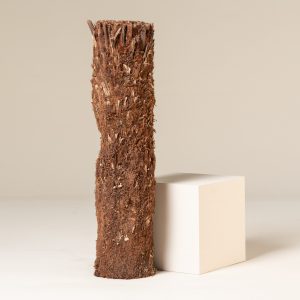
Reviews
There are no reviews yet.